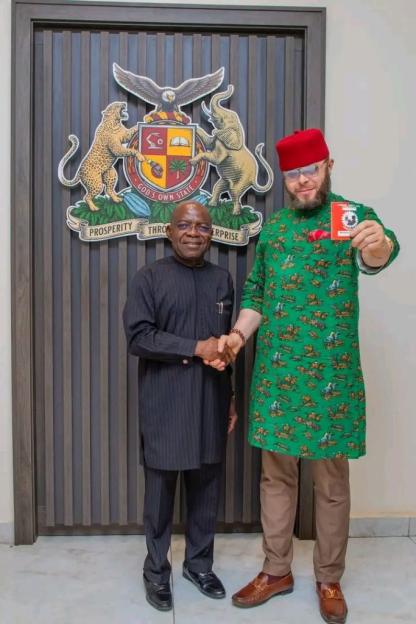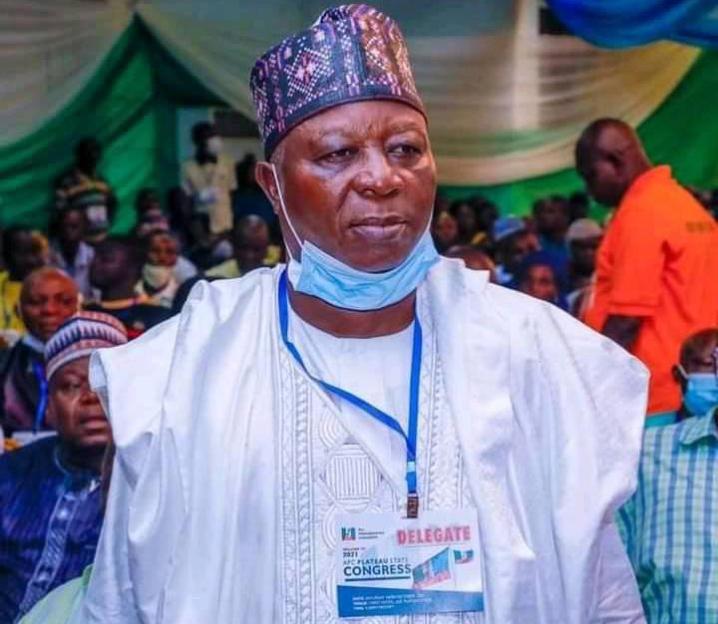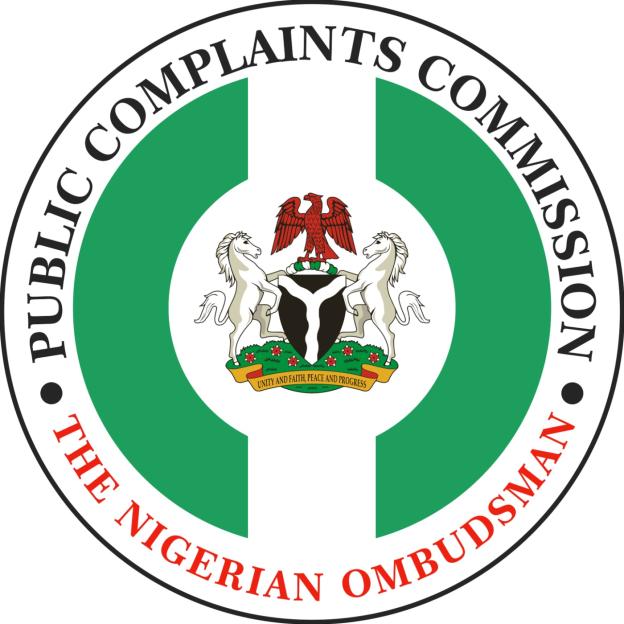Table of Contents
The All Progressives Congress (APC) in Lagos State has accused former Labour Party presidential candidate Peter Obi of experiencing political selective amnesia.
This statement comes in response to Obi's assertion that no one can capture the Southeast through defections.
Obi's comments followed the recent trend of defections from the Peoples Democratic Party (PDP) to the APC in the Southeast and Southsouth regions.
However, the spokesperson for the Lagos State chapter of the APC, Mogaji Seye Oladejo, stated that Obi lacks the moral authority to lecture anyone on defection, as he is a habitual defector.
In a statement he signed, Oladejo remarked: “The attention of the Lagos State Chapter of the All Progressives Congress (APC) has been drawn to the latest outburst from Mr. Peter Obi, who claimed that ‘nobody can capture the Southeast with defections.’ As usual, Obi's statement is filled with theatrics but lacks logical substance—an urgent attempt to maintain political relevance in a rapidly changing Nigeria that has moved beyond empty populism.”
“It is rather ironic that the same Peter Obi—undoubtedly the master of defection in Nigerian politics—now pretends to possess the moral authority to lecture anyone on political loyalty. This is the individual who transitioned from APGA to PDP, then to the Labour Party, and who, according to credible sources within his dwindling circle, is already searching for another platform to adopt before 2027.”
“Suddenly, the habitual defector seems to be suffering from selective amnesia when discussing the political movements of others.”
Oladejo reminded the former governor of Anambra State that his entire career has been characterized by defection, opportunism, and expediency, adding, “If there were an award for political cross-carpeting, Obi would be its undisputed champion.”
He continued: “Let it be clear: the APC is not ‘capturing’ the Southeast—the region is willingly aligning with the national mainstream because Nigerians are tired of emotional manipulation, divisive rhetoric, and politics of victimhood. The people of the Southeast deserve inclusion, infrastructure, and investment—not hollow campaigns and sentimental activism.”
“Obi also needs to be reminded that power is not served à la carte. It is earned through structure, consistency, and the ability to forge connections across the federation—all of which he significantly lacks. His politics of isolation and self-righteousness may have once captivated social media, but today's Nigeria demands substance, not mere sympathy.”
“He has been told clearly that the Southeast is not his personal domain. Divisive and religious politics no longer hold a place in a nation that is finally embracing unity and progress under President Bola Ahmed Tinubu's Renewed Hope Agenda. That is the new reality.”
“In truth, Peter Obi now finds himself politically isolated—abandoned by allies, weakened by reality, and navigating a wilderness of his own creation. The sooner he confronts this truth, the better for whatever remains of his political relevance.”
Frequently Asked Questions
What is the main accusation against Peter Obi by the APC?
The APC has accused Peter Obi of suffering from political selective amnesia, particularly in light of his remarks about defections in the Southeast.
How did the APC respond to Obi's comments on defections?
The APC, through its spokesman Mogaji Seye Oladejo, stated that Obi has no moral right to lecture others on defection, highlighting his history of switching parties.
What does the APC believe about the political landscape in the Southeast?
The APC believes that the Southeast is aligning with the national mainstream voluntarily, as the people seek inclusion, infrastructure, and investment rather than divisive politics.







